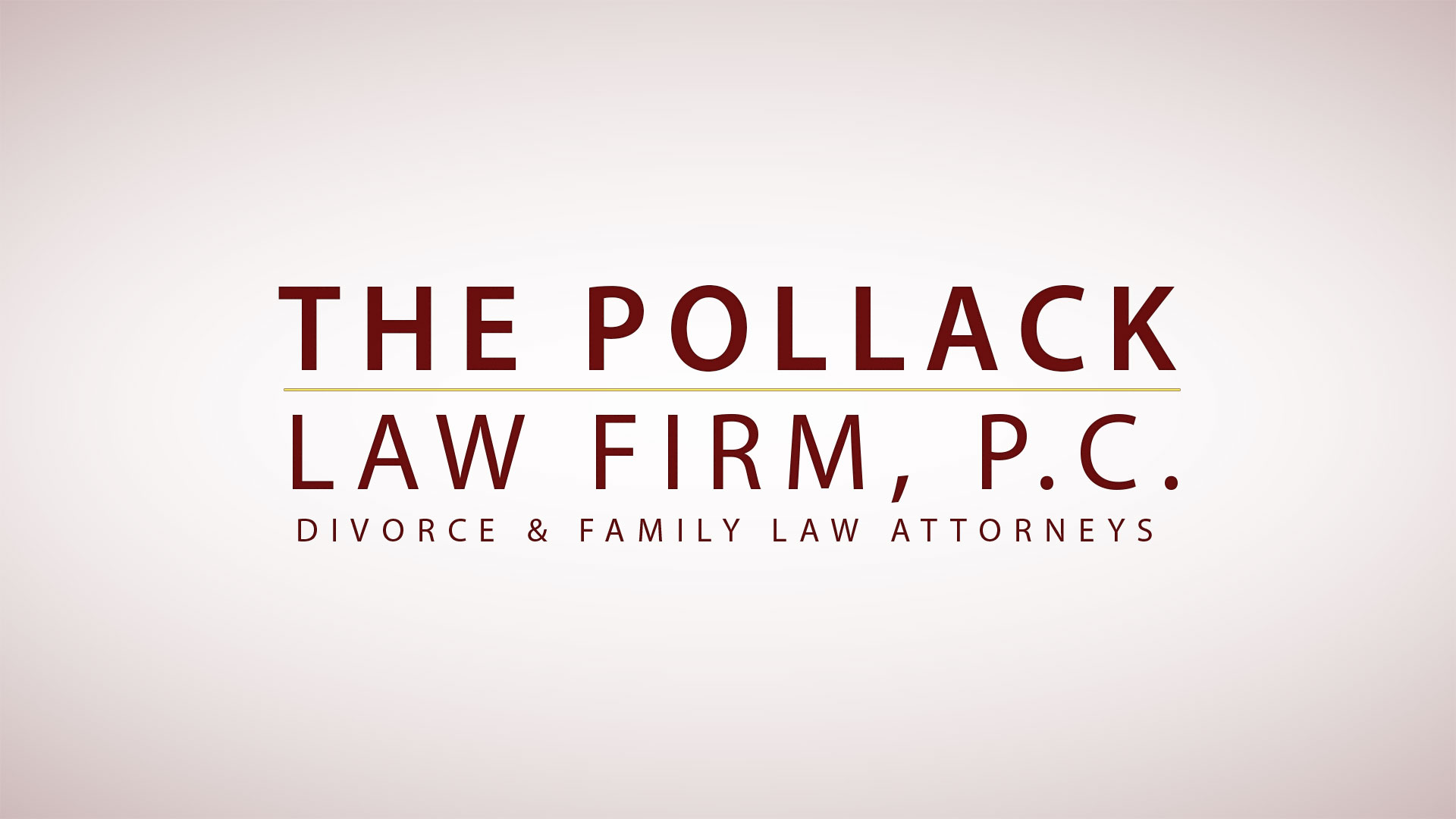EMOTIONAL ABUSE IN MARITAL RELATIONSHIPS: THE BASICS

By Robert B. Pollack, Esq., principal attorney at The Pollack Law Firm, P.C.: Our firm is solely focused on Nassau and Suffolk County divorce, separation and all phases of matrimonial law, family law and mediation—
Domestic violence in marriage is an unfortunate reality. Spouses often believe that if he or she is not being physically hurt or abused, then abuse does not exist. This is not the case. “Emotional abuse” is a component of domestic violence and its existence in a marital relationship is taken very seriously by the Court and law enforcement.
The process of a spouse/ parent being subjected to emotional abuse over time will often erode a spouse’s self esteem, create feelings of hopelessness, cause depression, result in alcohol and/or drug abuse, cause isolation and the loss of family and friend connections, cause the neglect of children, cause the children to become depressed and unable to sleep or function properly in school, etc. Emotional abuse is intertwined with physical abuse.
Many times, the act of one spouse subjecting the other to emotional abuse is subtle but over many years, the adverse effect on the abused spouse will compound and the abuses spouse’s quality of life and self image will become destroyed.
Abused spouses are often frightened to act. This may especially be true when that abused spouse is a parent because that parent may want to secure the stability of the marriage and home for the children even though he or she knows that having the children being in earshot or a visual witness to the abusive treatment cannot possibly be in the children’s best interest.
Please think for a second:
Do you feel you cannot discuss with your spouse what is bothering you?
Does your spouse frequently criticize you, humiliate you or take steps to undermine your self esteem and feelings of self worth?
Does your spouse isolate you from your family and friends?
Does your spouse harshly criticize and insult your family and friends?
Does your spouse limit your access to work, money, credit cards or other marital assets and resources?
Does your spouse run up debts secretly that he or she knows you will have to pay for?
Does your relationship feel like a roller coaster ride so that you are never sure where you stand with the other spouse?
Does your spouse make it difficult to engage in conversation with him or her so that you are virtually cut off from a conversation and instead, are lectured to or told what to do?
Do you feel anxious and have anxiety when your spouse is coming home from work?
Do you suffer anxiety and nervousness when you come home and see your spouse’s car parked in the driveway?
Are you nervous to discuss things with your spouse or to ask him or her to help you with things?
Does your spouse threaten to or has he or she actually thrown away things that are important to you?
The above questions are only a short list of many many possible indicators of a spouse who is suffering emotional abuse in a marriage.
To better understand how emotional abuse specifically and domestic violence in general impacts divorce, family offense actions and child custody in Nassau and Suffolk County New York and how your particular facts and circumstances could impact this important issue, you are invited to contact Robert B. Pollack, Esq., principal attorney of The Pollack Law Firm, P.C.
The Pollack Law Firm, P.C., serving clients in Nassau and Suffolk County, is always available to assist and represent parties in divorce and all other matrimonial and family law matters. Please call today to schedule a free consultation: (516) 938-3330.
DISCLAIMER: This article is intended to provide only general information for entertainment purposes and should never be relied upon as legal advice. One should seek the assistance of experienced matrimonial counsel to assist in explaining the law, options and making important decisions in any divorce, matrimonial or any family law matter.
